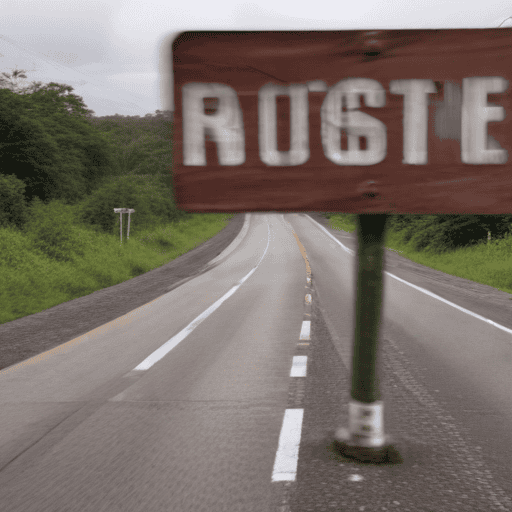The Labasa Carrier Association is calling on the Government to examine the actions of the Land Transport Authority (LTA) regarding limitations placed on carrier drivers’ access to routes. Members of the association contend that the LTA has imposed restrictions to fixed routes, whereas broader access was permitted in the past.
Mukesh Chand, president of the association, noted that after discussing the matter with the LTA’s regional manager, drivers were instructed to display a “Charter” board on their vehicles to operate outside of fixed points. However, he claims that these drivers received warnings from LTA officials and police regarding this practice. In a recent email exchange with the LTA’s CEO, Chand was told that operations are limited to specified routes, from point A to B.
Chand expressed frustration at the lack of written clarification regarding the unexpected changes, despite the association renewing their access permits every three months. He highlighted a perceived inconsistency that he believes demands further inquiry, especially if these regulations were enacted without proper consultation.
Driver Satish Lal, waiting since 2018 for a full-time carrier license, shared that he has faced multiple rejections because all applications are currently on hold. Lal is seeking transparency from the Government and LTA regarding the situation. Fellow driver Ravitesh Chand, who has operated for over ten years, expressed that these enforcement measures hinder their ability to provide services to customers, particularly during busy seasons when remote families rely on them.
In response, LTA CEO Irimaia Rokosawa stated that any applications to operate beyond fixed routes are no longer being processed due to amendments in the Land Transport Act. The updated regulations state that routes are defined strictly from A to B, with only stops permissible between those points. This framework is designed to ensure equitable market conditions, protecting other transportation services like buses, minibuses, and taxis from competitive interference. Additionally, the LTA is encouraging carrier drivers to obtain Licensed Carrier permits to legally operate as Public Service Vehicles.
This situation underscores the importance of open communication between government entities and transport operators. It is crucial for the LTA to clarify their policies to foster a cooperative environment where drivers can operate effectively while adhering to regulations. As the festive season approaches, timely resolution and updated guidelines could improve service for many families relying on these transportation services.
The association’s request for government intervention could result in beneficial changes, leading to better understanding and cooperation within the transportation sector. This could pave the way for an innovative approach to transport regulation that balances the needs of the drivers with the operational standards set by the LTA.

Leave a comment